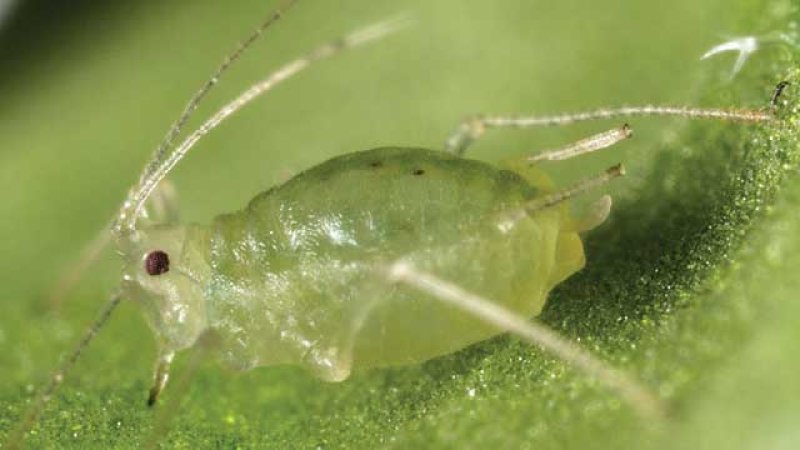To compensate for plant’s reduced defenses, farmers have used insecticides or pesticides to control pests and kill those which attack crop plants …. Unfortunately, just as plants evolve resistance, so too do the pests and increasing numbers of insects are evolving resistance to pesticides.
As such, pesticide use is reducing and becoming less effective …. There is therefore a need for new strategies to protect our crops and yields from pests, but the good news is that a huge range are being developed.
…
[Mo]re novel strategies exist that involve crops being engineered to produce molecules that protect against insect attack and these have often been successful. For example, some crop plants have been genetically engineered to produce Bt toxins, proteins from the soil-borne bacteria, Bacillus thuringiensis …. Unfortunately, insects are developing resistance to some of these introduced toxins making this approach less effective ….It appears aphids overcome plant defenses by introducing proteins into the plants when they feed which limit the plants defense response …. Once we’ve established how these so-called effector proteins work, we will be able to identify or develop plants which are not affected by them, have better defenses against the aphids and are therefore naturally more resistant.































